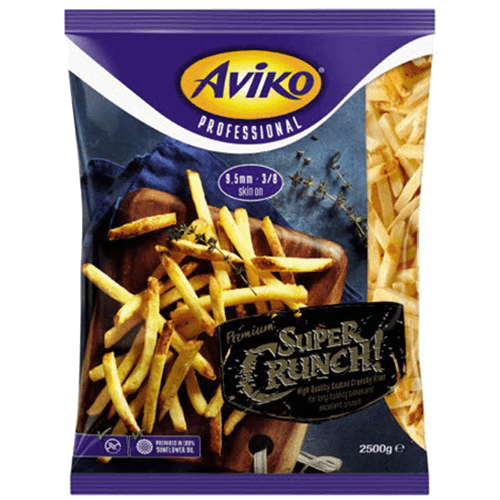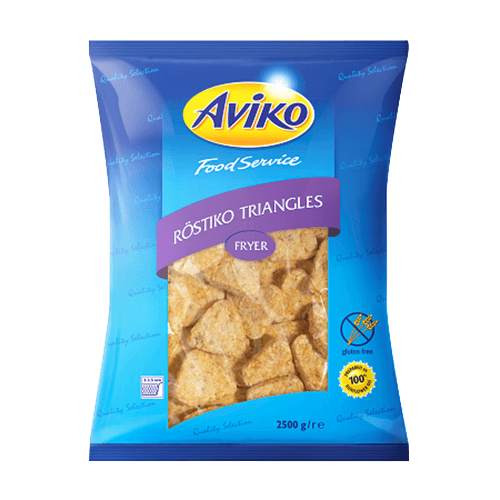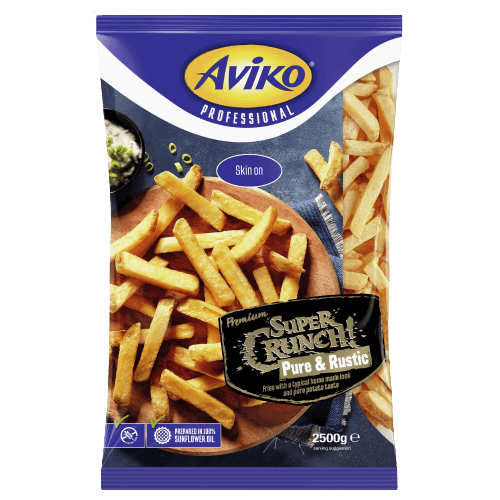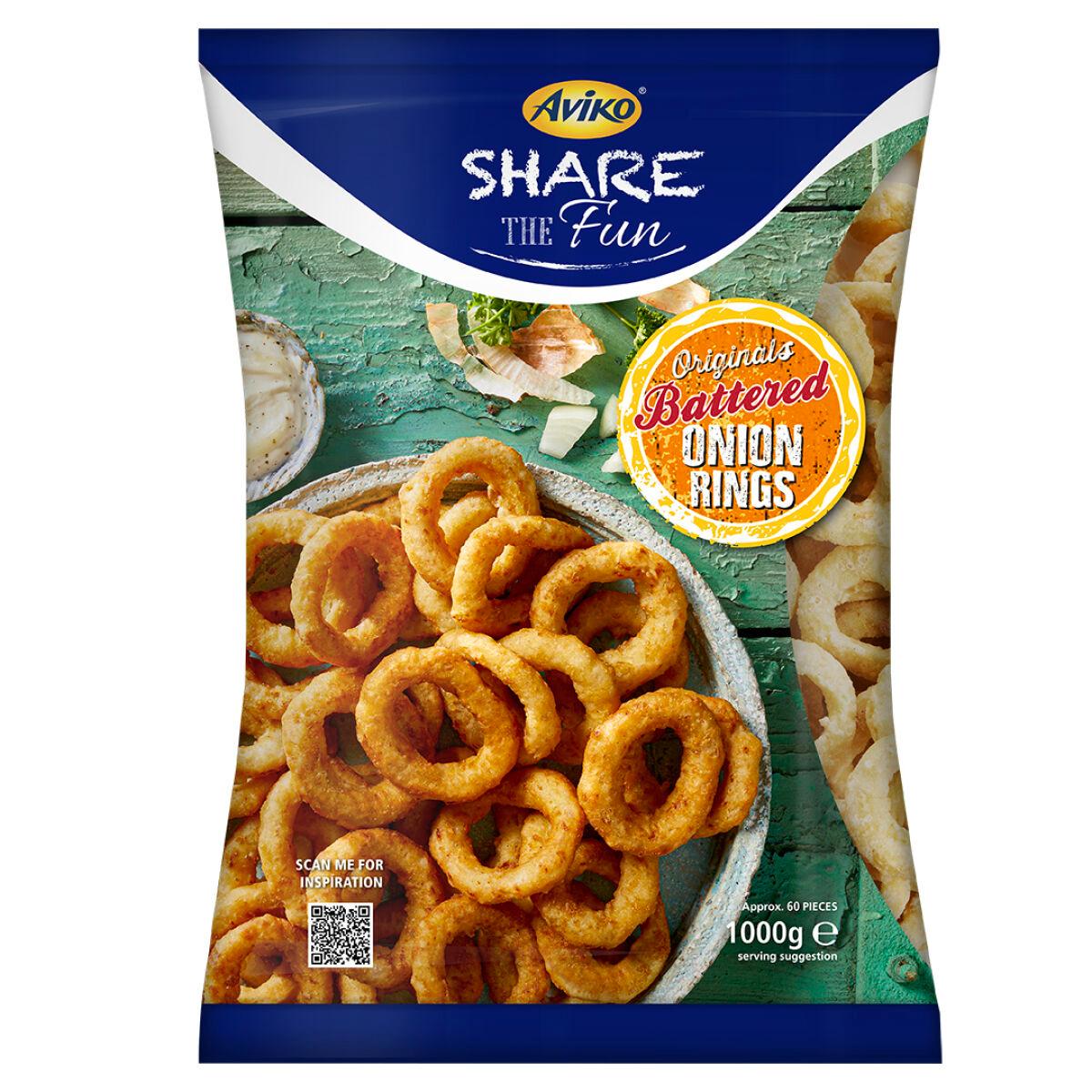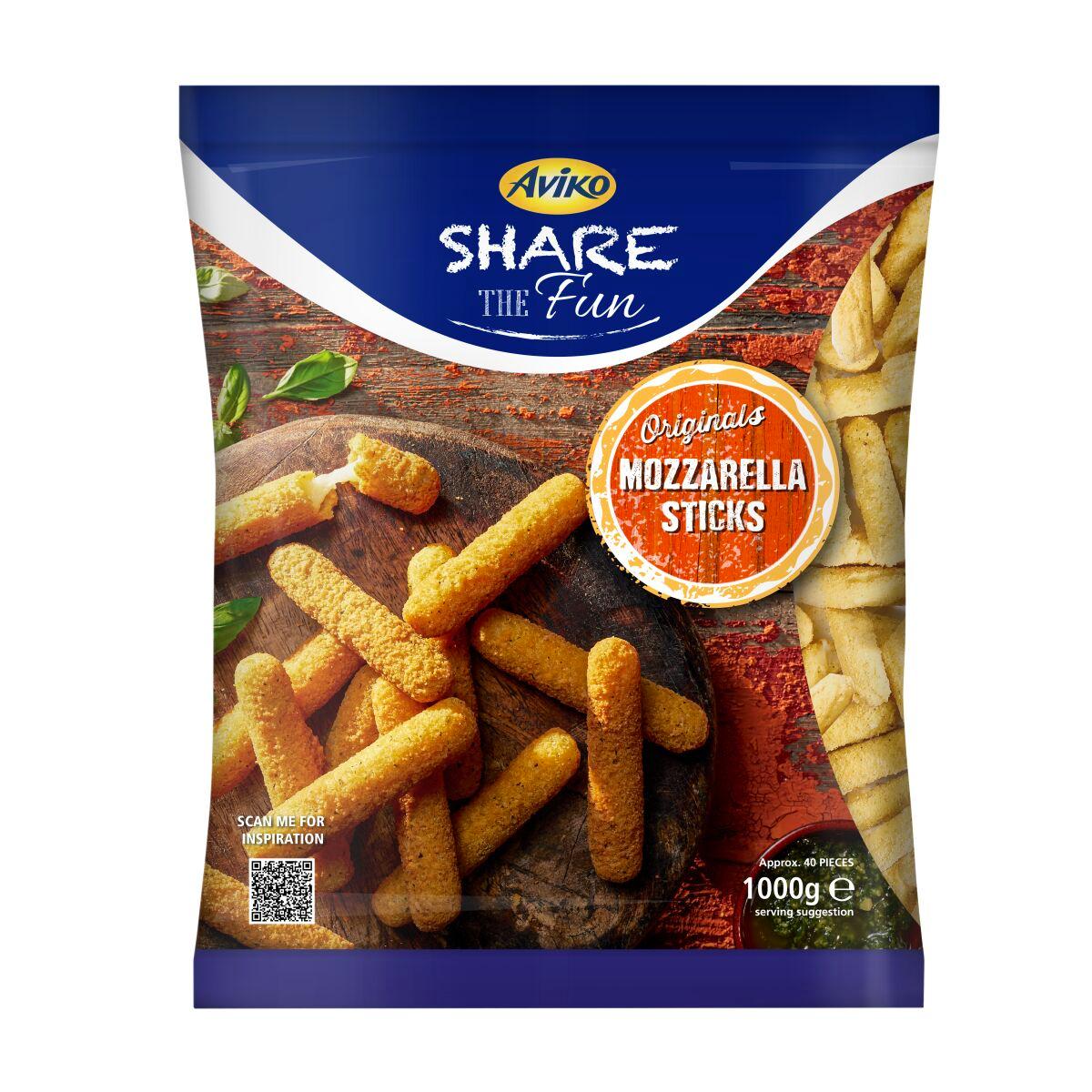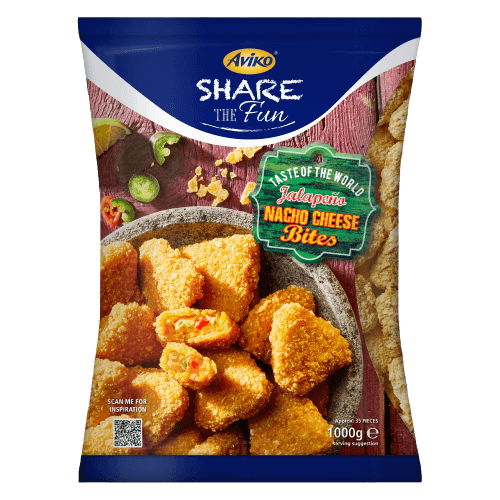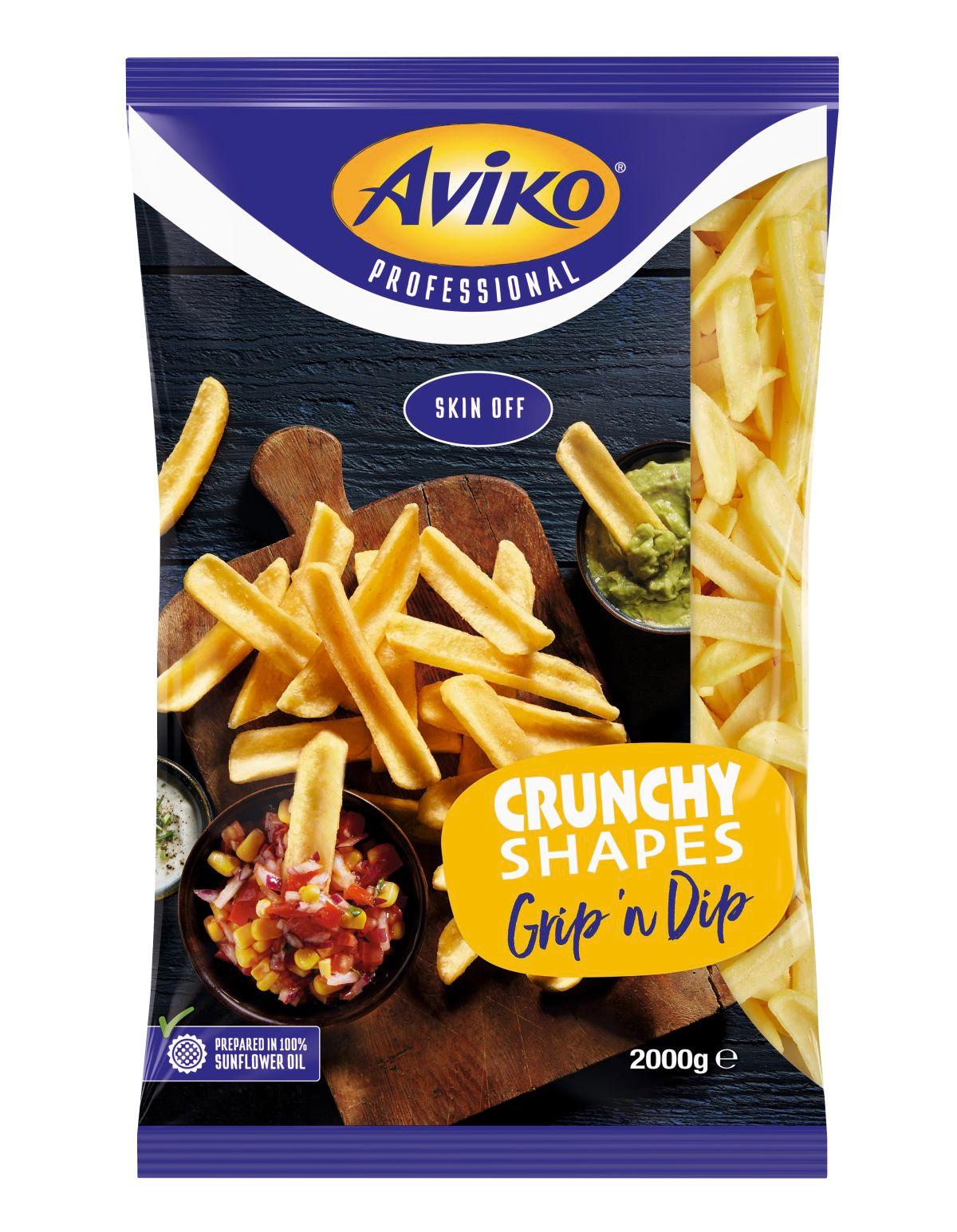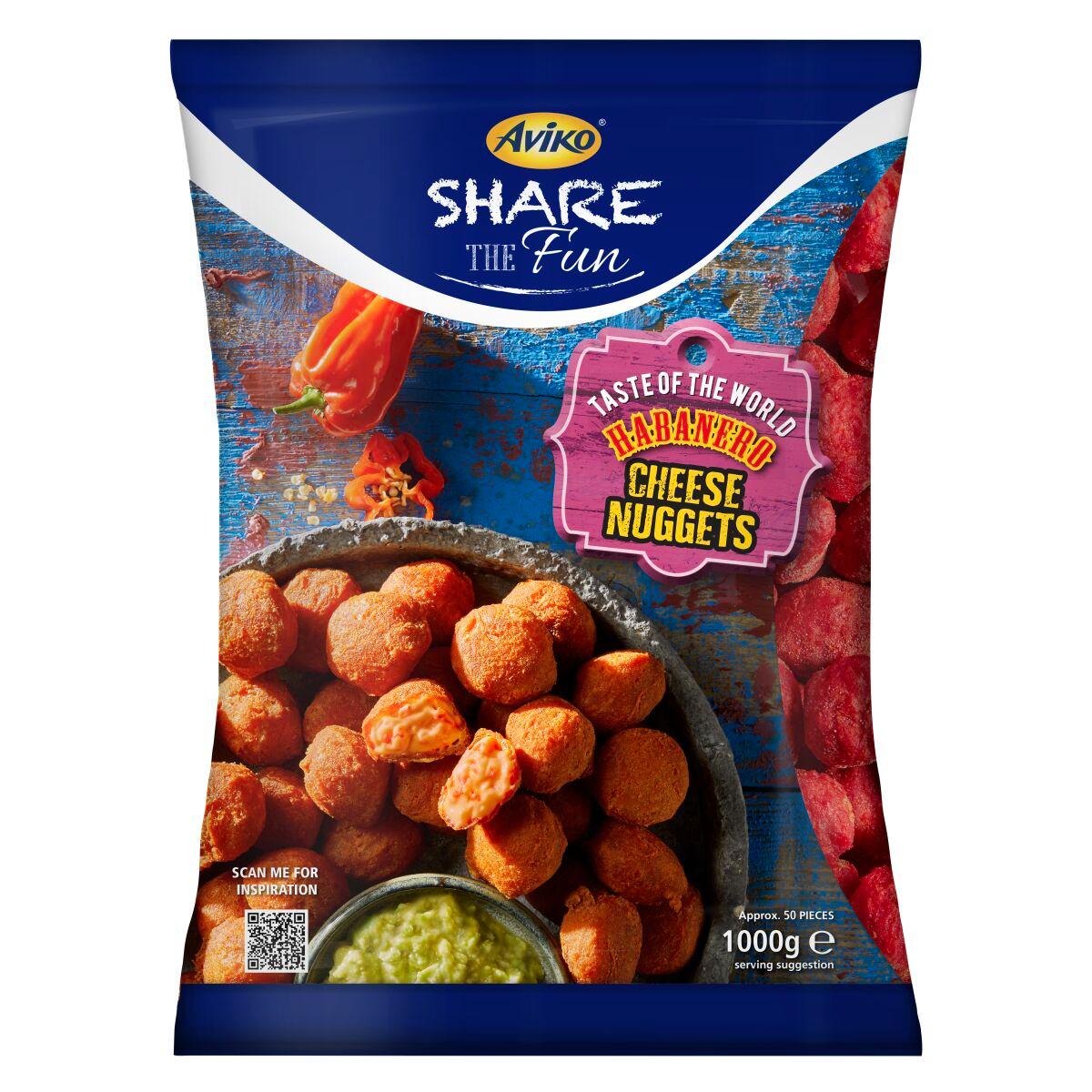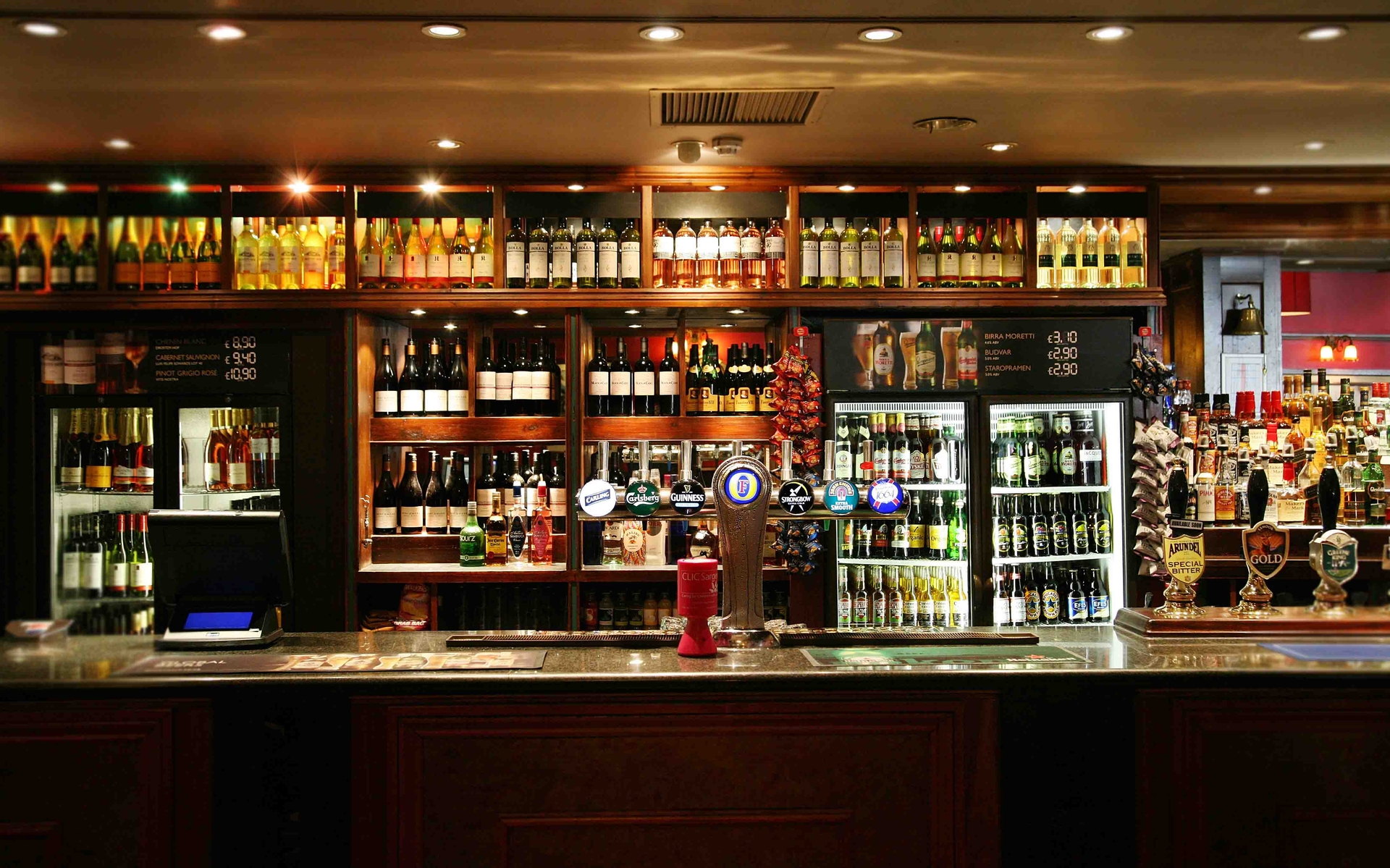
The UK Pub Industry – A Chat with Tim Martin Weatherspoons
The Current State of the UK Pub Industry:
Britain’s number of licensed premises dropped by 0.8% in the fourth quarter of 2023, the latest Hospitality Market Monitor from CGA by NIQ and AlixPartners reveals. The figure is equivalent to 803 net closures in three months, or nearly nine per day. It represents an acceleration of closures from the third quarter of last year, when numbers fell by only 0.3%—but it is much healthier than the average of 24 closures a day that the Monitor recorded in mid-2022, when post-COVID business failures were at a peak.
The Hospitality Market Monitor from CGA and AlixPartners shows Britain had 99,113 licensed premises in December 2023—nearly 3,000 fewer than 12 months earlier, and 16,000 fewer than in March 2020, the point at which COVID-19 arrived in Britain.
The independent sector has been hit particularly hard, with numbers falling by a sixth (16.6%) since early 2020.
Within the pub sector, the number of premises has plunged by 43.6% over the last 20 years. It indicates that food-led pubs have been more resilient, with a 7.6% drop since March 2020, while community and high street pubs have dipped by 11.8% and 11.2% respectively.
This reflects the long-term shift in the way people use pubs, and a change in focus from drinking out to eating out. Managed pub groups have achieved growth of 4.2% in that time, while independents (down 14.1%) and leased operators (down 14.4%) have found it harder to recover from COVID lockdowns.
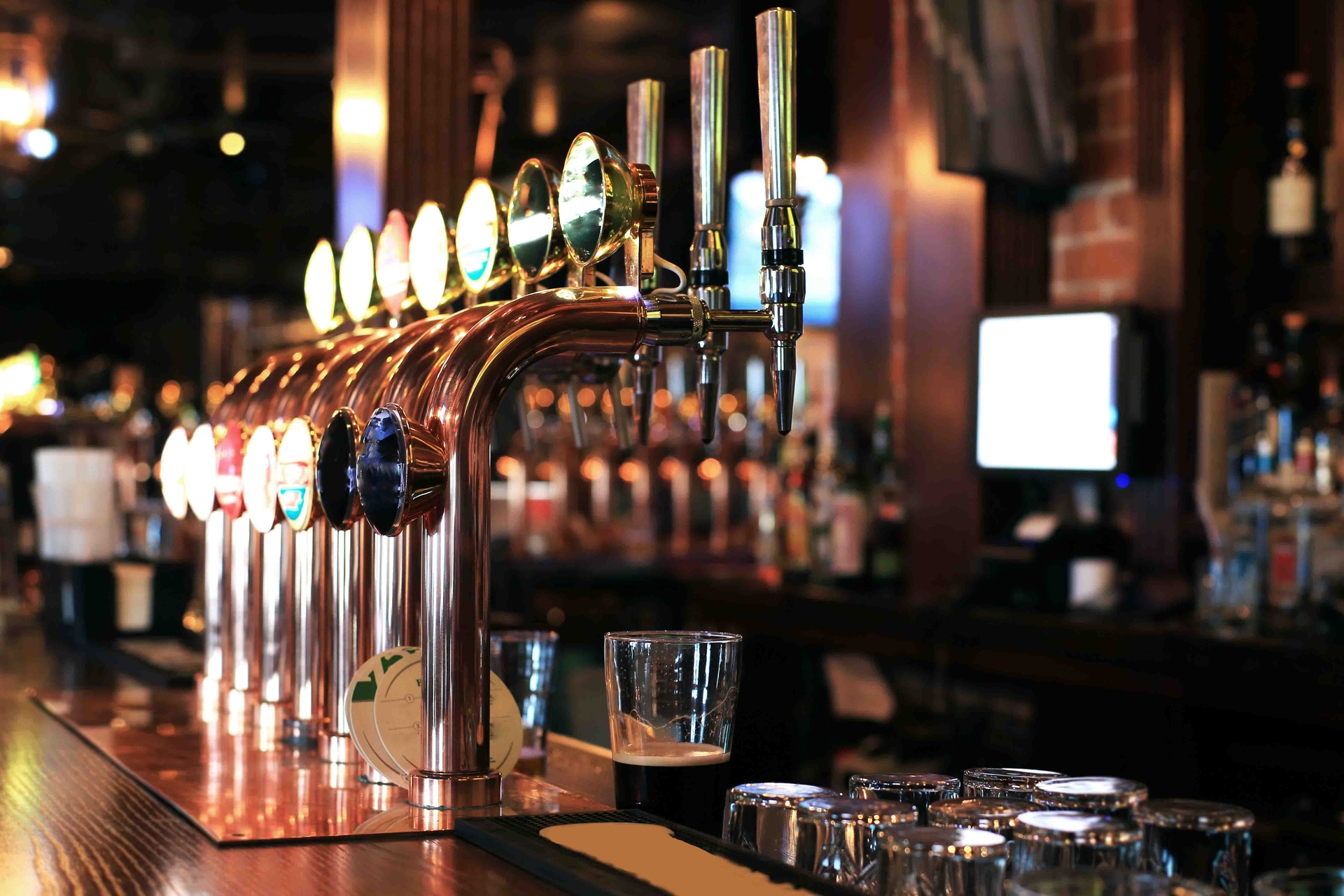
How Weatherspoons is Profiting:
At the Propel Conference in London, Sir Tim Martin claimed “Sales continue to improve. In the last seven weeks, to 17 March 2024, like-for-like sales increased by 5.8%”. Tim Martin stated that sales per pub has increased by 50% and that the company has recovered steadily from the pandemic, with current sales at record levels. Despite a reduction in the overall number of pubs, sales have continued to increase – total sales are now about one third higher than in 2015”. Furthermore, sales have broadly came back to where they were pre Covid.
“Our best estimate is that the company has potential for about 1,000 pubs in the UK.” Tim Martin claimed at the Propel Conference in London showing that he still believes there is growth and profit in the sector. Moreover, total sales for the 26 weeks to 28 January 2024 were a record £991m, an 8.2% increase on last year’s figure of £916.0m. Like-for-like sales were up 9.9% on last year and 15.3% compared with the same period in FY19 – the last full year before the covid pandemic. Like-for-like bar sales increased by 11.6% on last year while like-for-like food sales were up 7.6%, slot/fruit machine like-for-like sales by 10.5% and hotel room like-for-like sales by 2.8%. Profit before tax and separately disclosed items was £36.0m (2023: £4.6m), including property gains of £0.1m (2023: £0.5m). Operating profit was £67.7m compared with £37.4m the previous year, an increase of 81%. In the period, the company sold five pubs, terminated the lease of five pubs and sublet three pubs. This gave rise to a cash inflow of £3.8m. There was a loss on disposal of £5.9m, recognised in the income statement, relating to these pubs.
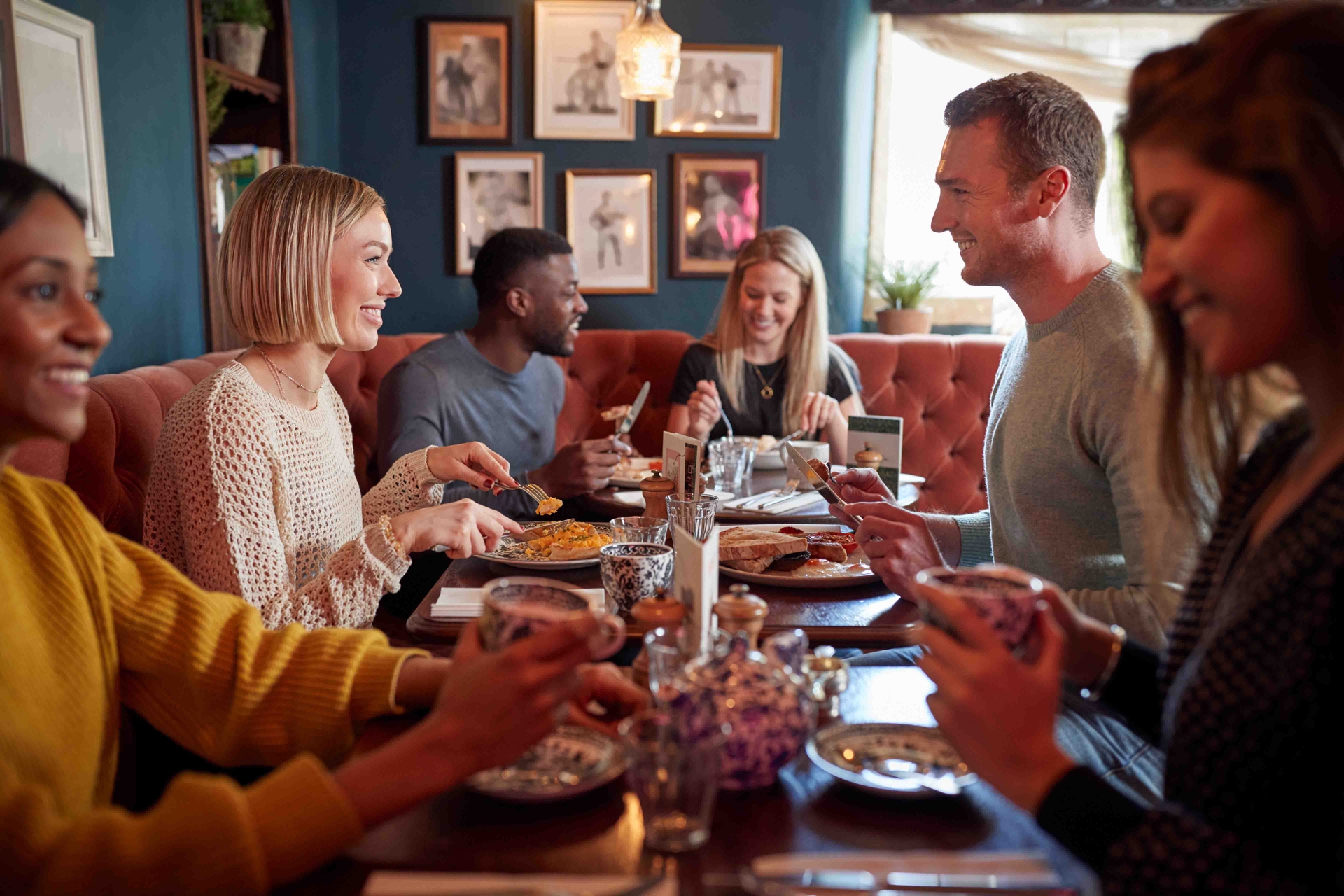
Tim Martins thoughts on the current pub climate:
At the Propel Conference in London, Tim Martin claimed that “everything has changed” in the pub industry. In terms of drinking culture, Sir Tim Martin stated that “Guinness is now fashionable with the younger generation” and stated that he doesn’t believe in 0% beer, stating “Just have a coffee instead!”. Interestingly, Tim Martin told us that there were “More shots than ale being ordered across all Weatherspoon’s pre pandemic” indicating that the younger generation enjoy Weatherspoon’s just as much as elderly folk.
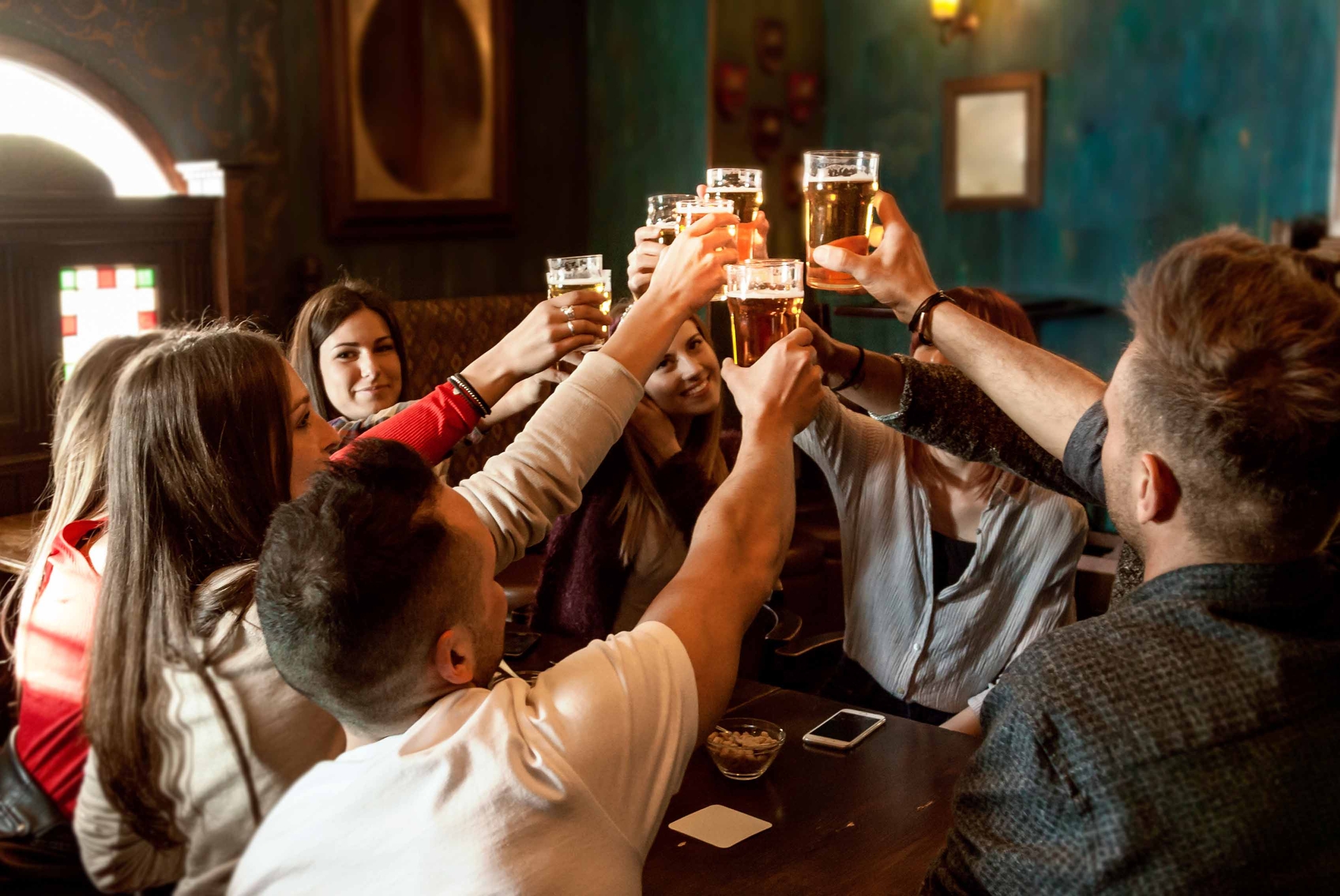
What is Tim Martins go-to Weatherspoons order?
The last segment of the chat with Tim Martin, there was an opportunity for the crowd at Propel to ask Tim Martin some more personal questions. He claimed that his favourite Weatherspoon’s order was “A southern fried chicken wrap with salad and a pint of diet Pepsi!” – a true classic dish at Weatherspoon’s. In terms of consumer purchasing patterns, Tim Martin stated that “Fried chicken was flying out the doors” indicating that dishes that included fried chicken were amongst the more popular food items at Weatherspoon’s. Another keen listener asked the newly knighted Sir Tim Martin about the whereabouts of Kate Middleton, to which he replied “I do not know where Kate Middleton is” which will put to rest the rumours that she was hiding in a local Weatherspoon’s.
Does Tim Martin have any regrets?
Tim Martin stated that he didn’t have that many regrets in terms of his tenure at Weatherspoons, however one that sprung to mind was the company was in 400 million of debt, when one day the Bank of Scotland called up to arrange the payments of 50 million of this debt. Tim Martin agreed to pay all 400 million of this debt at 5% interest. However, 3 months later, the interest rate plummeted to 0.5%. Tim Martin, to his expense, did see the funny side to this.
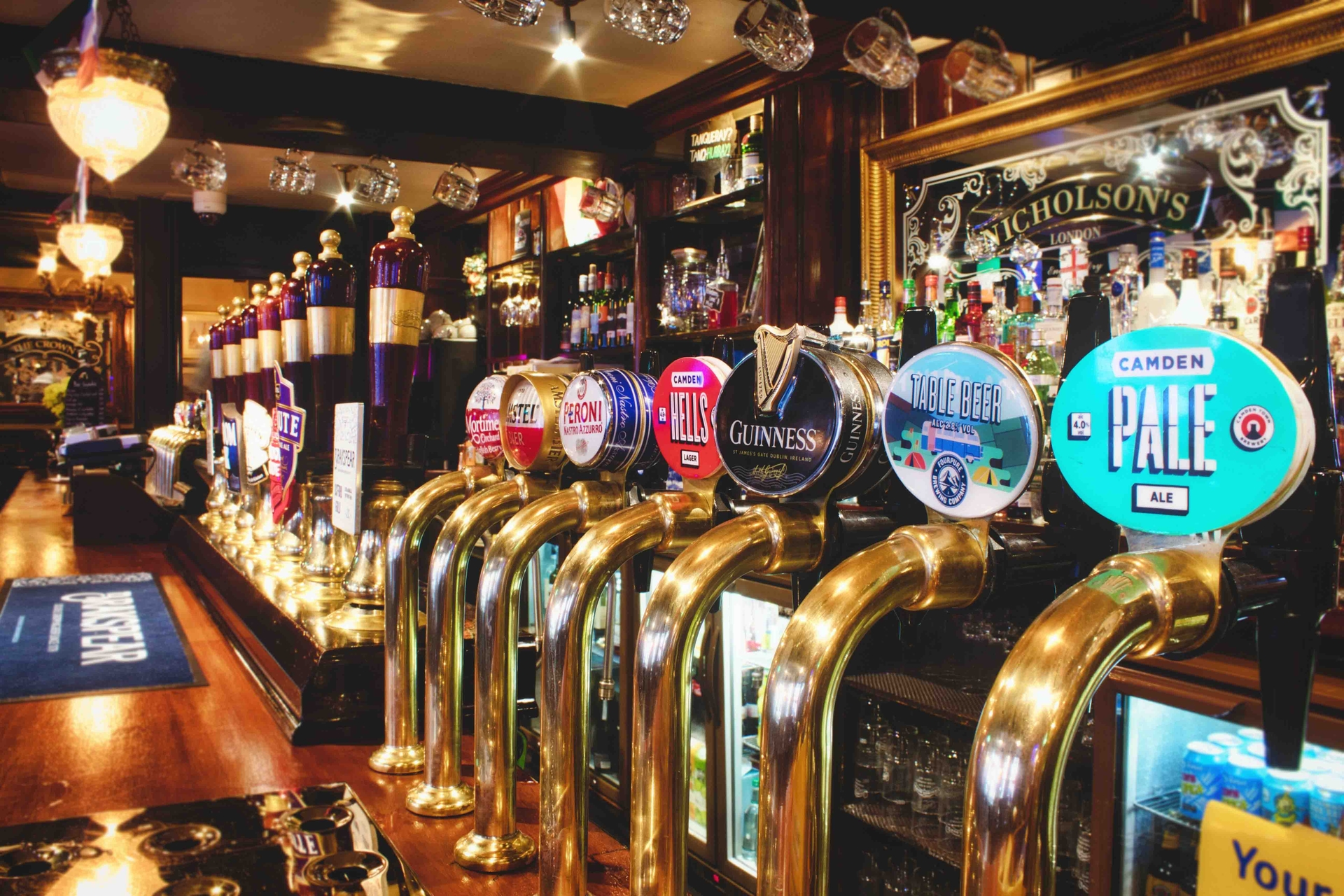
Tim Martin on Brexit:
Seven years on from the referendum, Martin remains forthright. “Brexit is a vexed issue and there’s probably been exaggerated claims on both sides,” he says. But he’s adamant his vote came from a belief in democracy.
“The problem with the EU is you don’t elect the presidents by universal suffrage, MEPs can’t initiate legislation, and you’ve got an unaccountable court.”
Away from Brexit, Martin moves on to another favoured topic: pubs, and the government’s tax treatment of them. The state views the sector as a “milk cow”, he reckons, because it’s such “an easy business to tax”.
In recent years, Martin has made clear his frustration at the tax disparity with supermarkets. Food is zero-rated at supermarkets; it’s 20 per cent in pubs.
Martin argues that saving allows supermarkets to sell alcohol to ‘off-trade’ consumers at lower prices, undercutting the Great British Pub. He’s slashing prices by 7.5 per cent on Thursday of this week to make the point. Does the government care about pubs? “Sort of,” Martin reckons. “For selfish reasons.”

Is Tim Martin retiring?
At 68, and with little more to prove, is Martin ready to step away from his frontman role? The short answer is no.
“Covid-19 took away any thoughts one might have had because it was such an intense time trying to keep the show on the road,” he said. Like all high street businesses, Wetherspoon pubs were forced to close during the pandemic, which at the time battered the group’s sales. But over the last two years later the pub chain is largely back in the black, reporting record sales over the Easter period. Shares are up 50 per cent. his year, Martin himself has bought a chunk of stock recently.
These strong financial results do not appear to be enough to convince Martin to take back seat. “I’m happy enough ploughing on working actually, as long as I can have a couple of pints in the evening and go for a walk,” he says. I think my plan is to keep going, or as my mother-in-law used to say, ‘if I’m spared’".
Conclusion:
In conclusion, the UK pub industry stands at a pivotal juncture, with a landscape shaped by evolving consumer preferences and the enduring impacts of the pandemic. Despite facing closures and challenges, Tim Martin's insights from Weatherspoons shed light on a sector marked by resilience and adaptation. Weatherspoons' success amidst adversity underscores the potential for growth and innovation within the industry. With record sales and ambitious expansion plans, there's a sense of optimism for the future, even as Brexit and regulatory issues linger. Tim Martin's unwavering commitment to the pub trade reflects a dedication to its enduring spirit. As the industry continues to navigate uncertainties, one thing remains clear: the pub remains a cornerstone of British culture, poised to thrive with leadership and vision.
